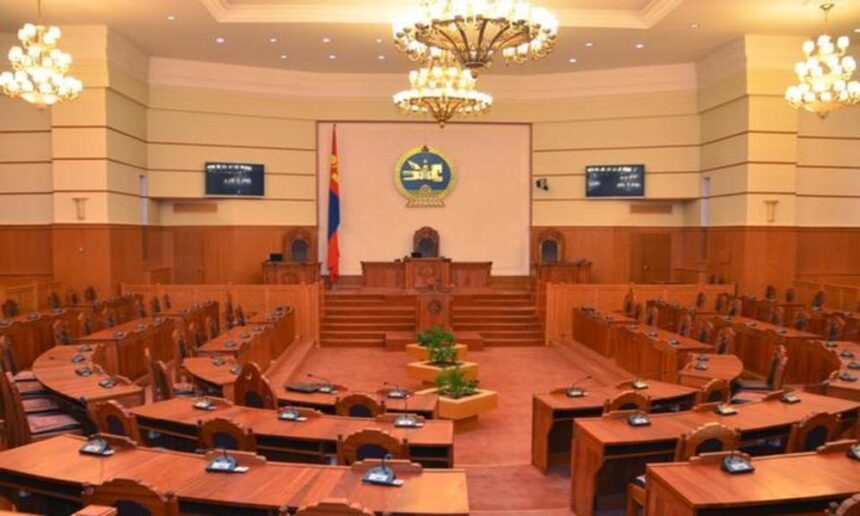The President of Mongolia has announced that an emergency will be declared because of air pollution, and the parliament should dissolve if things do not get better by the Lunar New Year, Defacto Gazette No. 28. The President‘s announcement coincides with the increased public anger triggered by air pollution, new income tax and financial pressure on families due to the Lunar New Year. This column covers a brief introduction to the presidential powers related to dissolution of the Parliament and delivers the author’s opinion.
Legal provisions
The Constitution of Mongolia and Law on State Great Khural (the Parliament) stipulate clear procedural rules. A proposal to dissolution of the Parliament, opening the way for an early election, may be initiated by the President. The President must, however, consult the Head of the Parliament first and obtain the agreement of the latter. The proposal should be then presented for the final decision to the Parliament itself. The dissolution is only possible if not less than 2/3 of MPs (51 or more out of 76) support the proposal.
Opinion
Since July 2016, both the Parliament and the Executive are controlled with 65 of 76 seats in the State Great Khural by the Mongolian People’s Party (MPP). The 2017 Presidential election changed power relations in the Government. Mr. Battulga from the Democratic Party (DP) was elected as the President, although DP has only 9 seats in the Parliament. In Mongolia, the President does not lead the Executive and he is not accountable for the actions of the Executive, whereby he may give policy directions to the Executive. The President is, however, de facto head of the Judiciary and he possesses powers in relation to the criminal investigation, anti-corruption, defence and secret service authorities.
The President is elected by the people directly. He is the only leader of the country who has direct mandate from the entire nation, whereas the Prime Minister, the head of the Executive, is appointed by the Parliament. The President has, therefore, more powers in gaining the support of the people compared to the Prime Minister. The direct mandate from the people, combined with his powers in the judiciary and other related areas, brings the President in the position of exercising powers in relation to the Executive and the Parliament towards implementation of his own election promises and political interests.
The threat to dissolve the Parliament by the President is a new precedent in Mongolia. This is a risky precedent. This strong language might be caused for the simple reason that the President’s own party is weak in the Parliament with just 9 seats and the President might have difficulties in asserting towards the Parliament (and the Executive). The President has de jure the right to initiate the procedure to dissolve the Parliament. He is, however, de facto not in this position due to the overwhelming majority of MPP in the Parliament.
It seems that the President is playing with fire. The President’s announcement should not be considered as an ‘empty threat’. Every word of a person in this powerful position has effects on the minds of the ordinary people. This political game is dangerous because it is may have an effect of mobilizing the narrow, radical supporters of the President against the Parliament.
In future, Mongolia should correct it’s system in order to exclude the incidents, in which the President may mobilize the population against the Parliament, that has full capacity to rule due the presence of a clear parliamentary majority. Giving to a person, who may not rely on support of the parliamentary majority, powers in relation to the Judiciary and the criminal investigation, anti-corruption, defence and secret service authorities, causes remembering the German history of Weimer Republic, where the power distribution between the President, Chancellor and Reichstag (the Parliament) was one of the mistakes in the Weimer Constitution (the so-called triangle structure), as acknowledged later. Mentioning this, let us hope that the Mongolian economy recovers faster by leaving a little room for mobilising the people against the Parliament with clear majority and that the times are different than in 1930’s Germany.
2018.01.26












